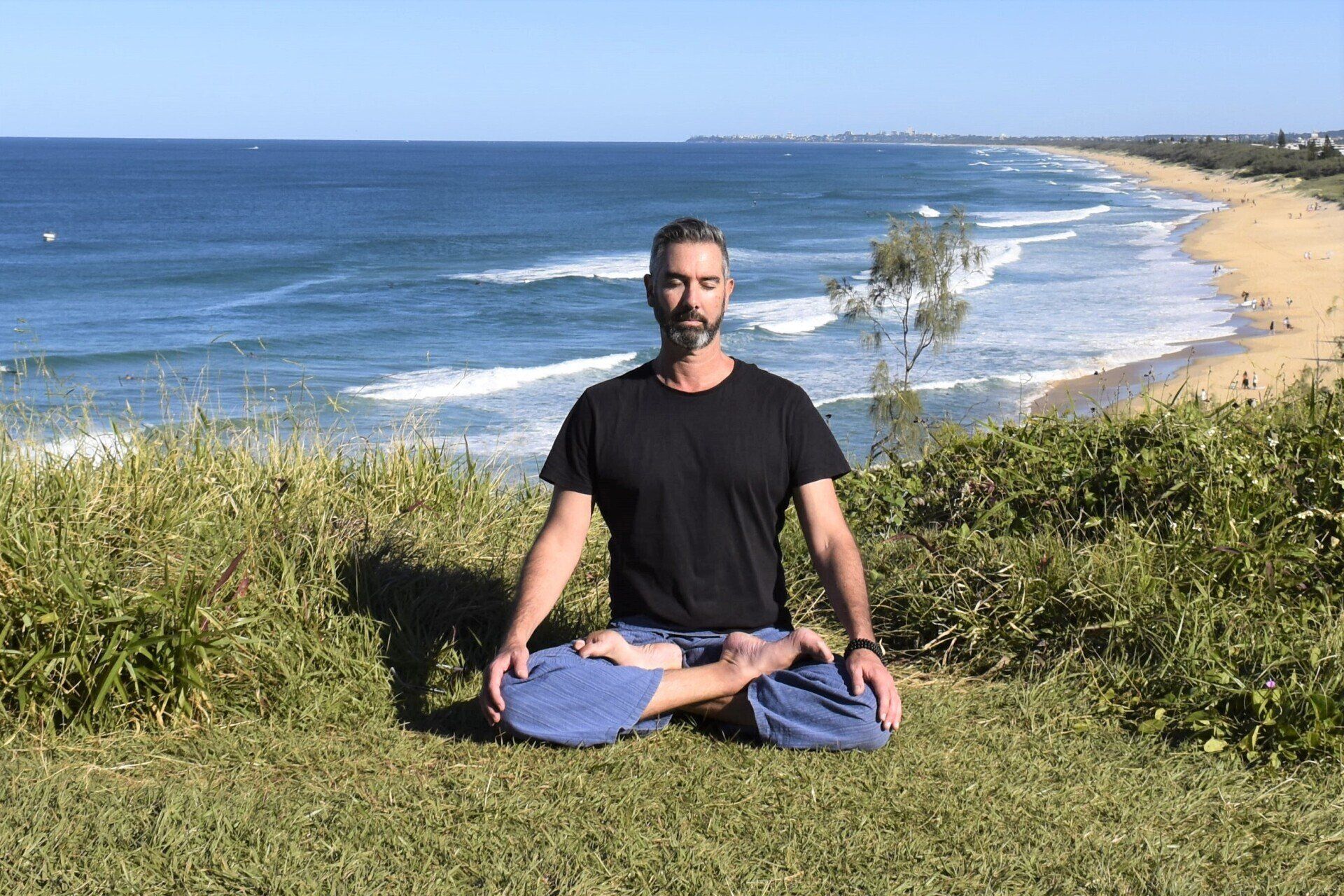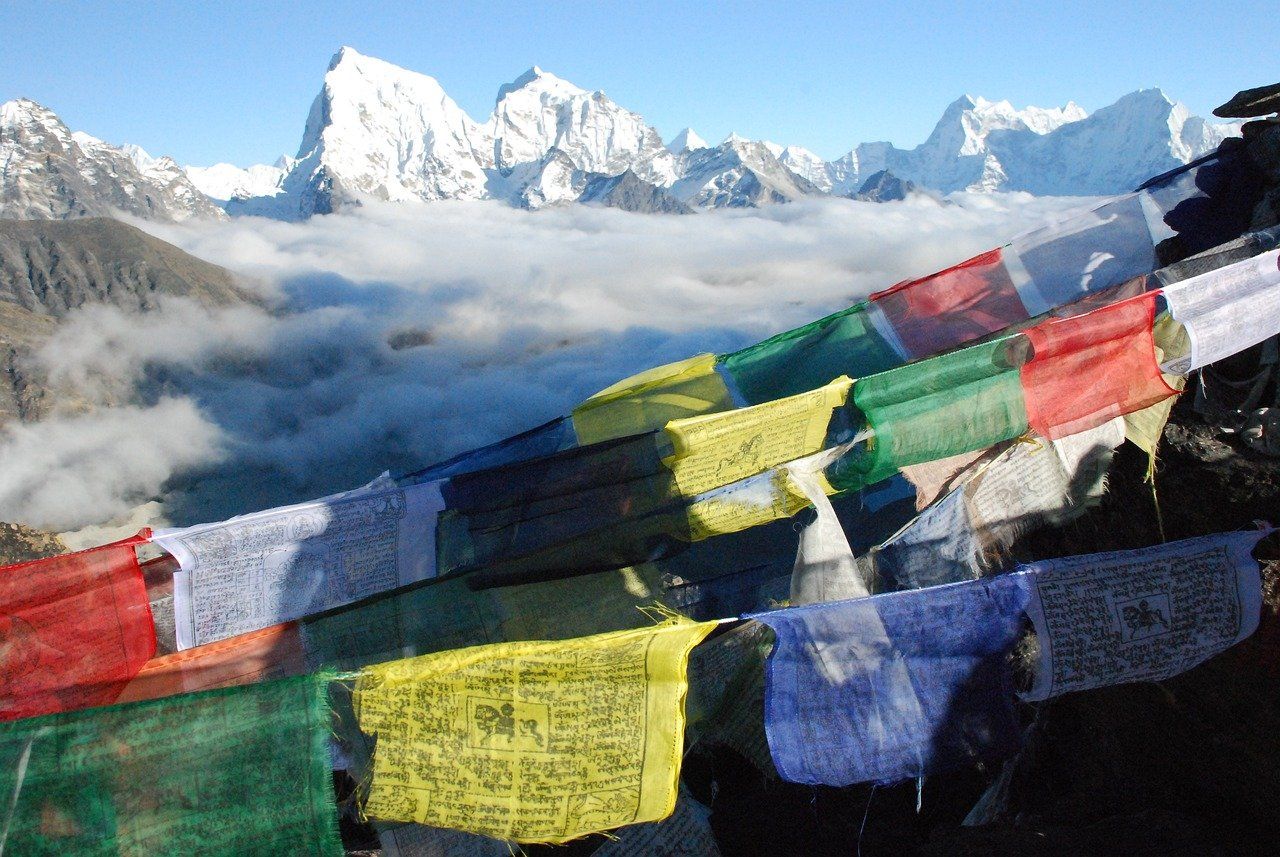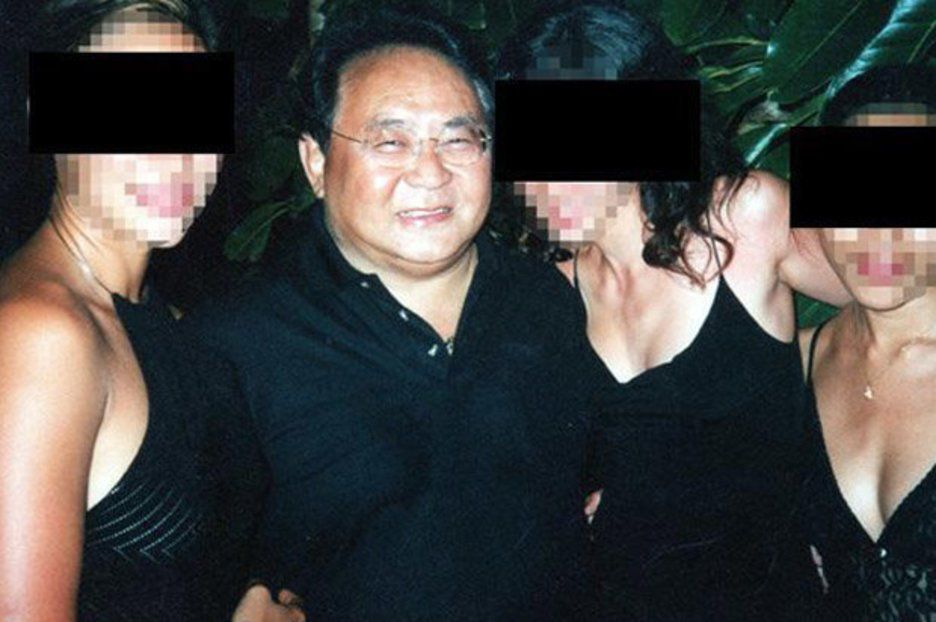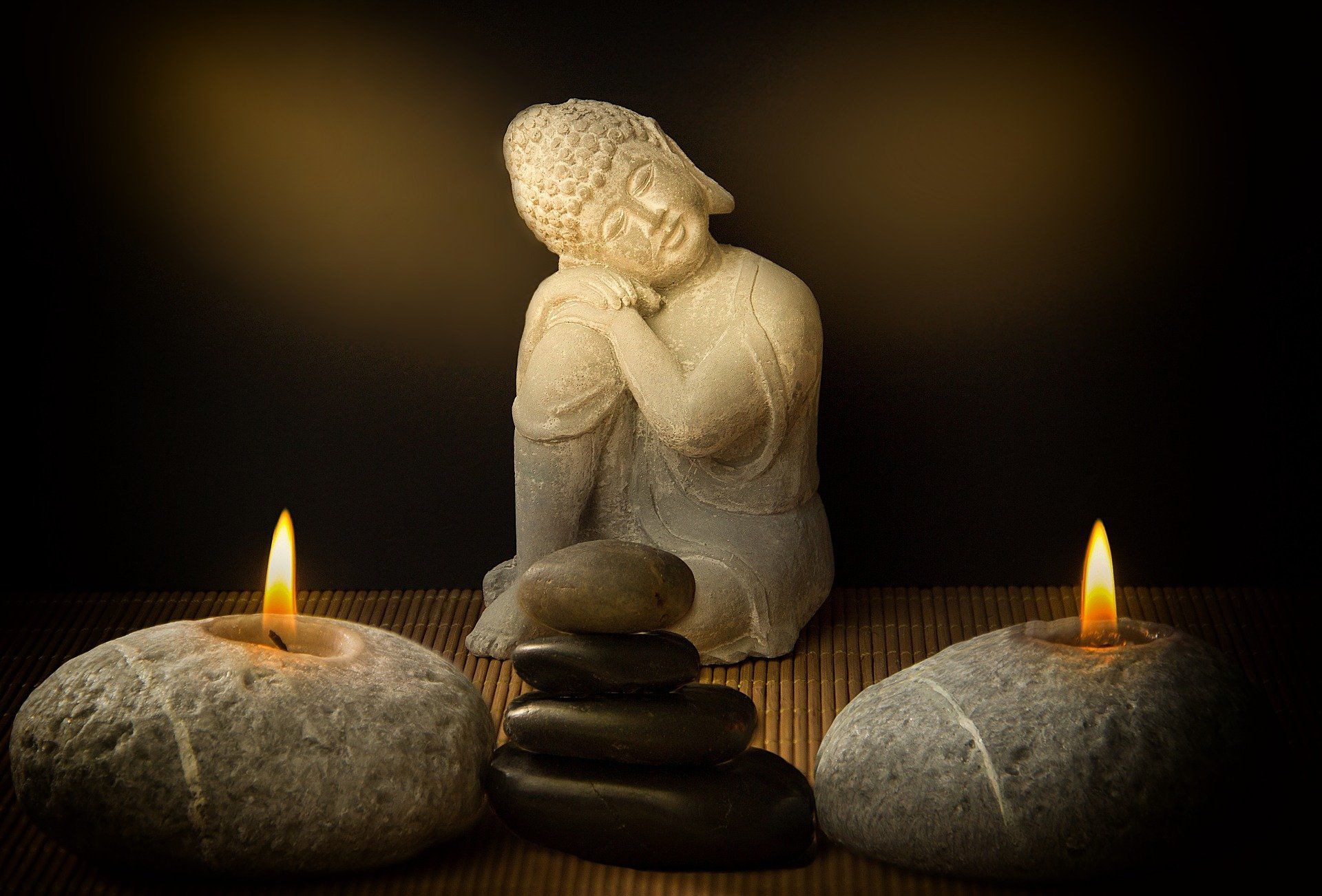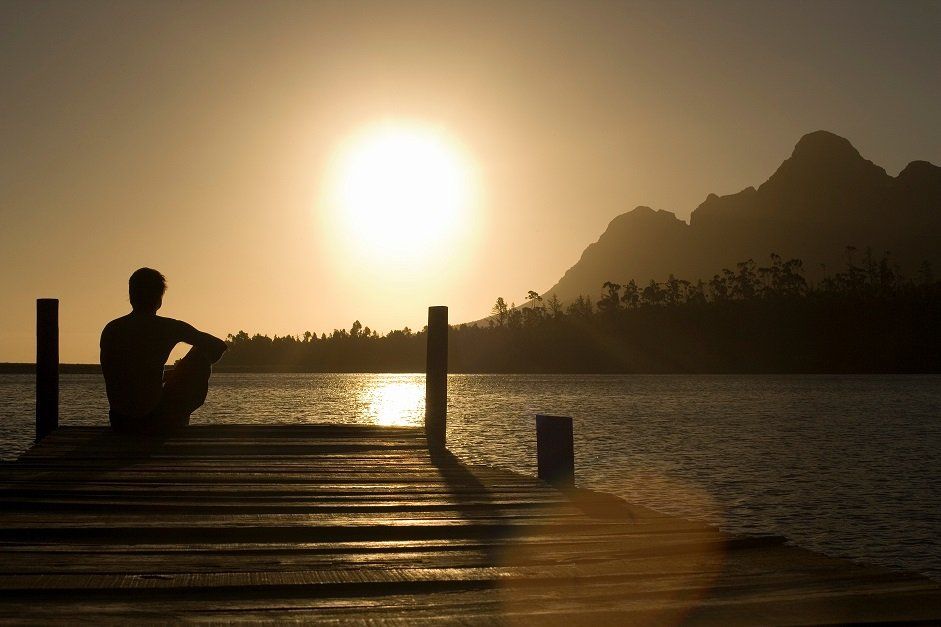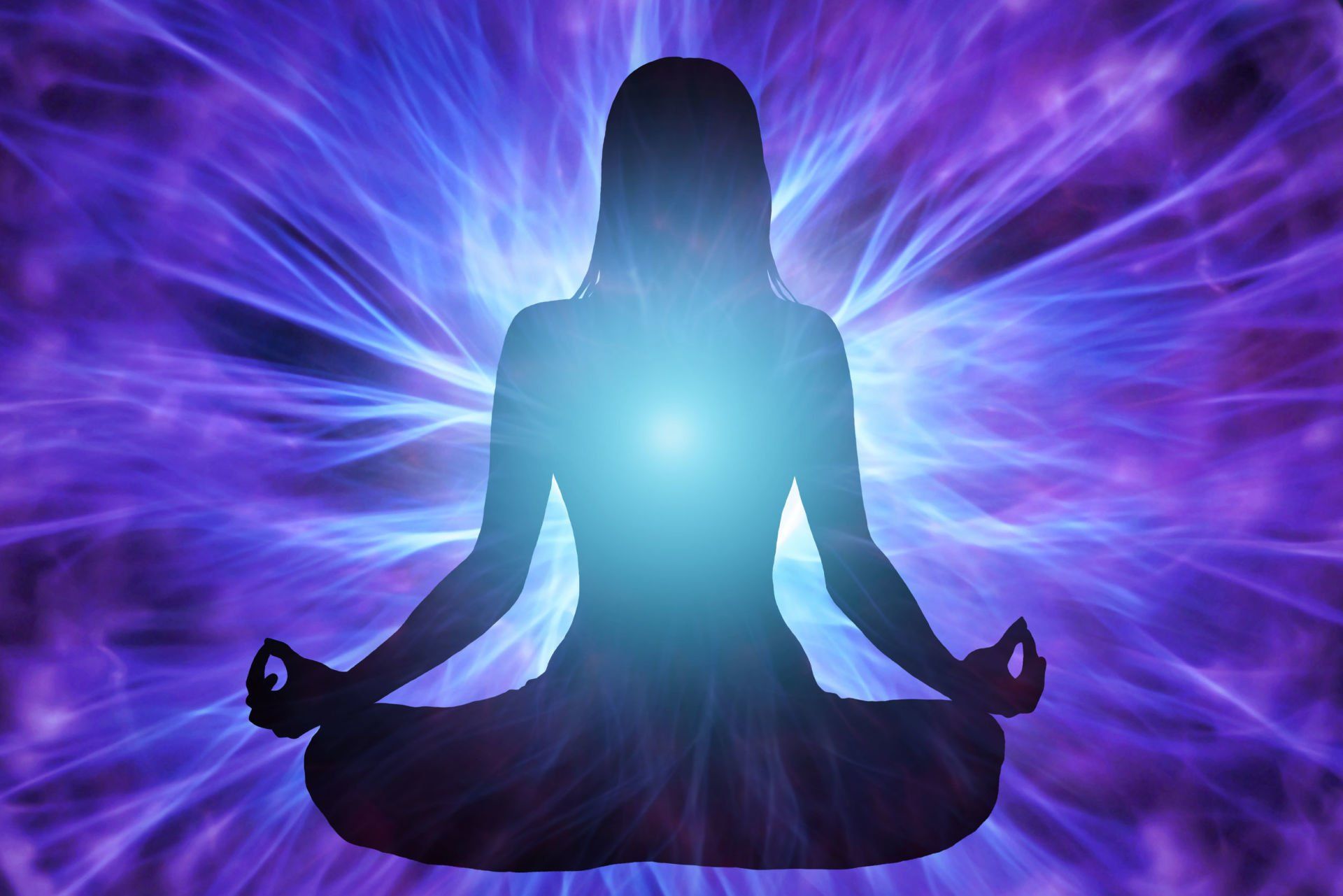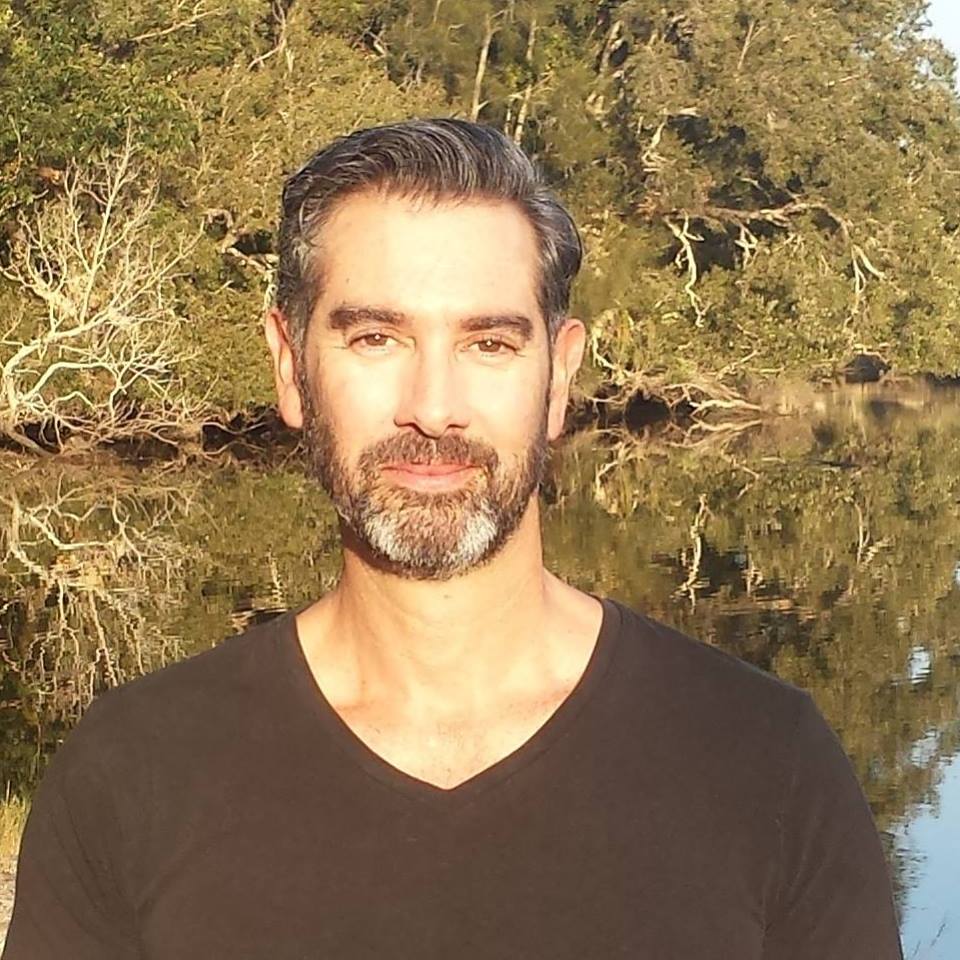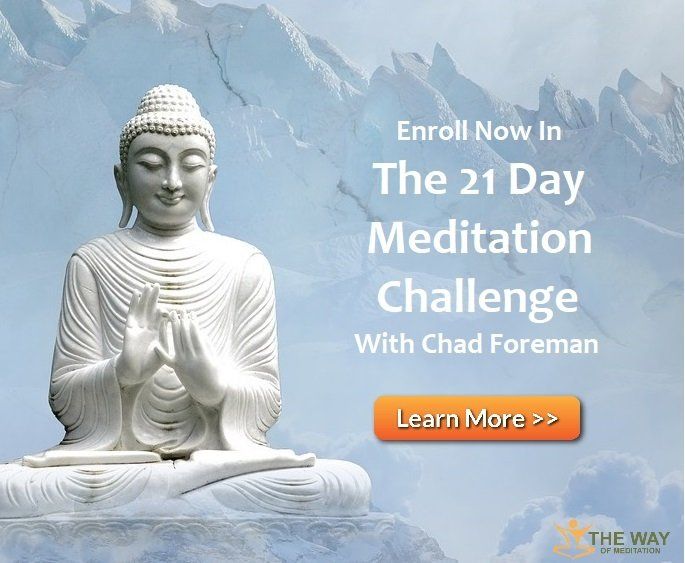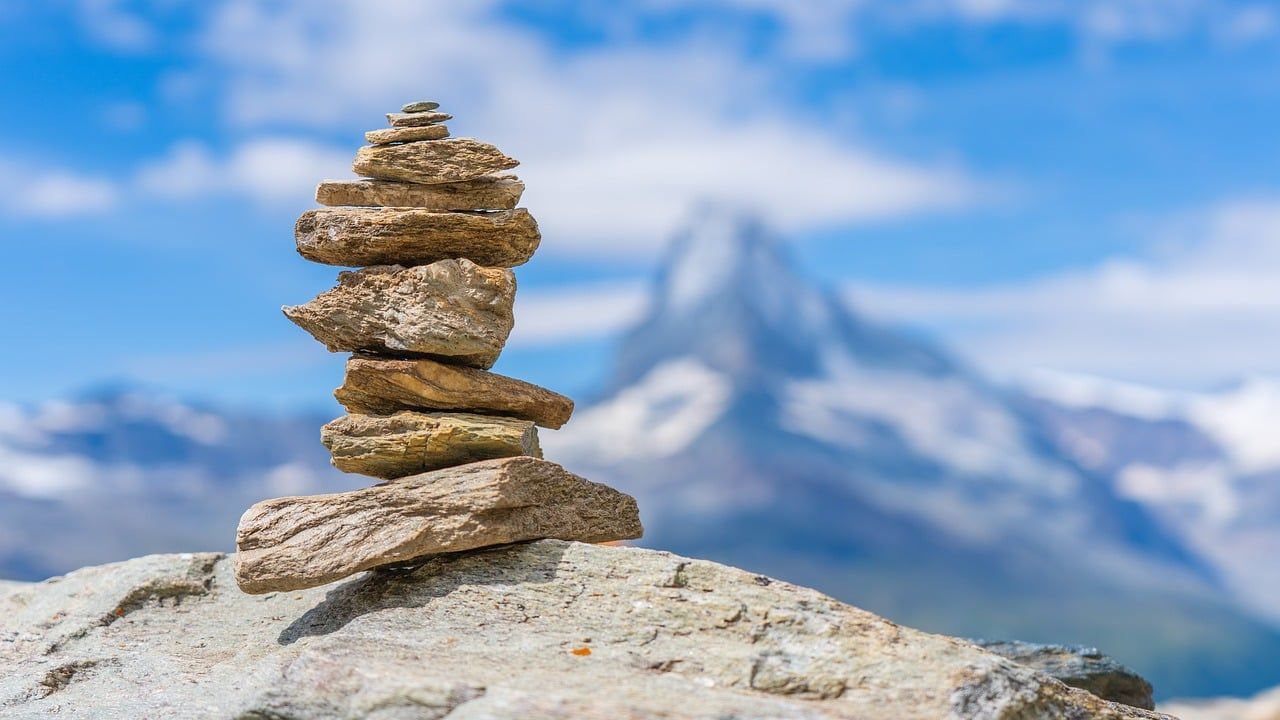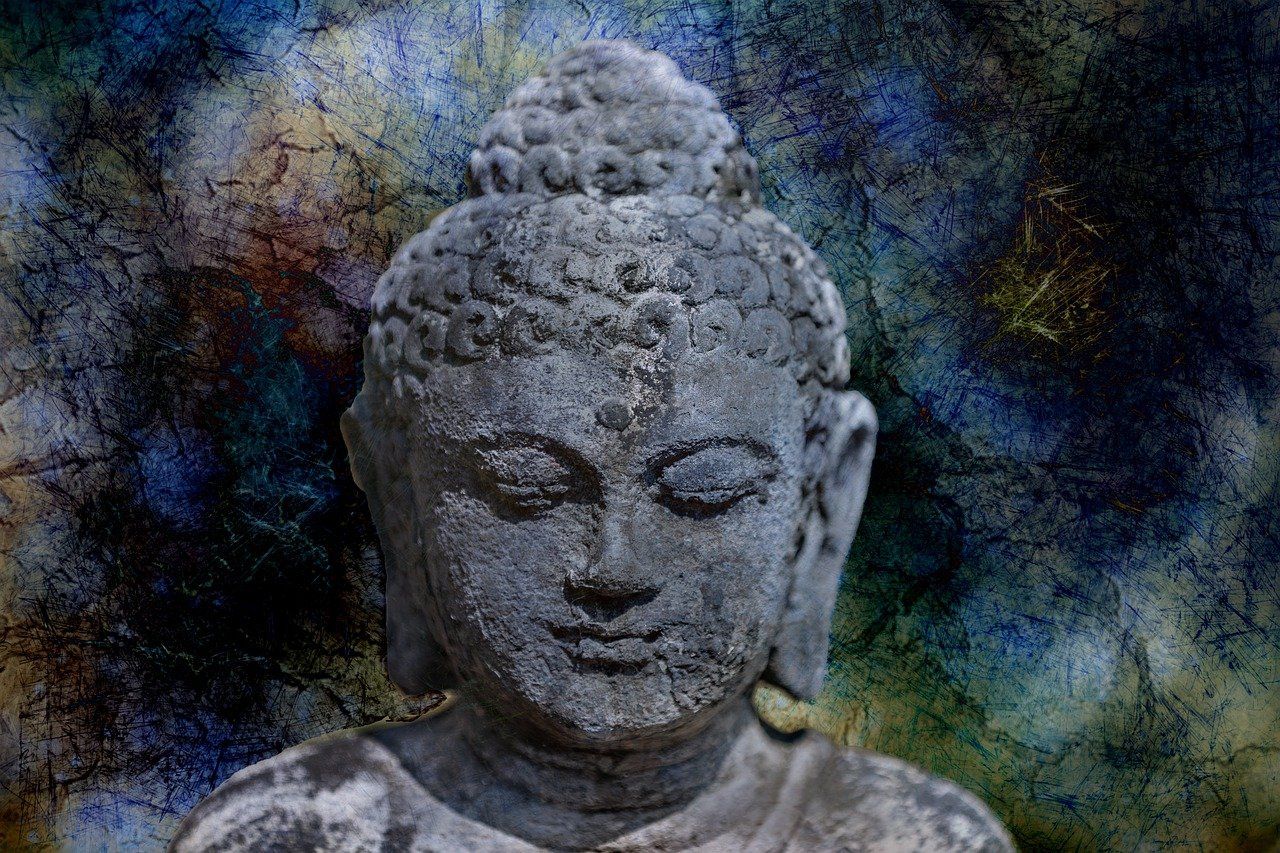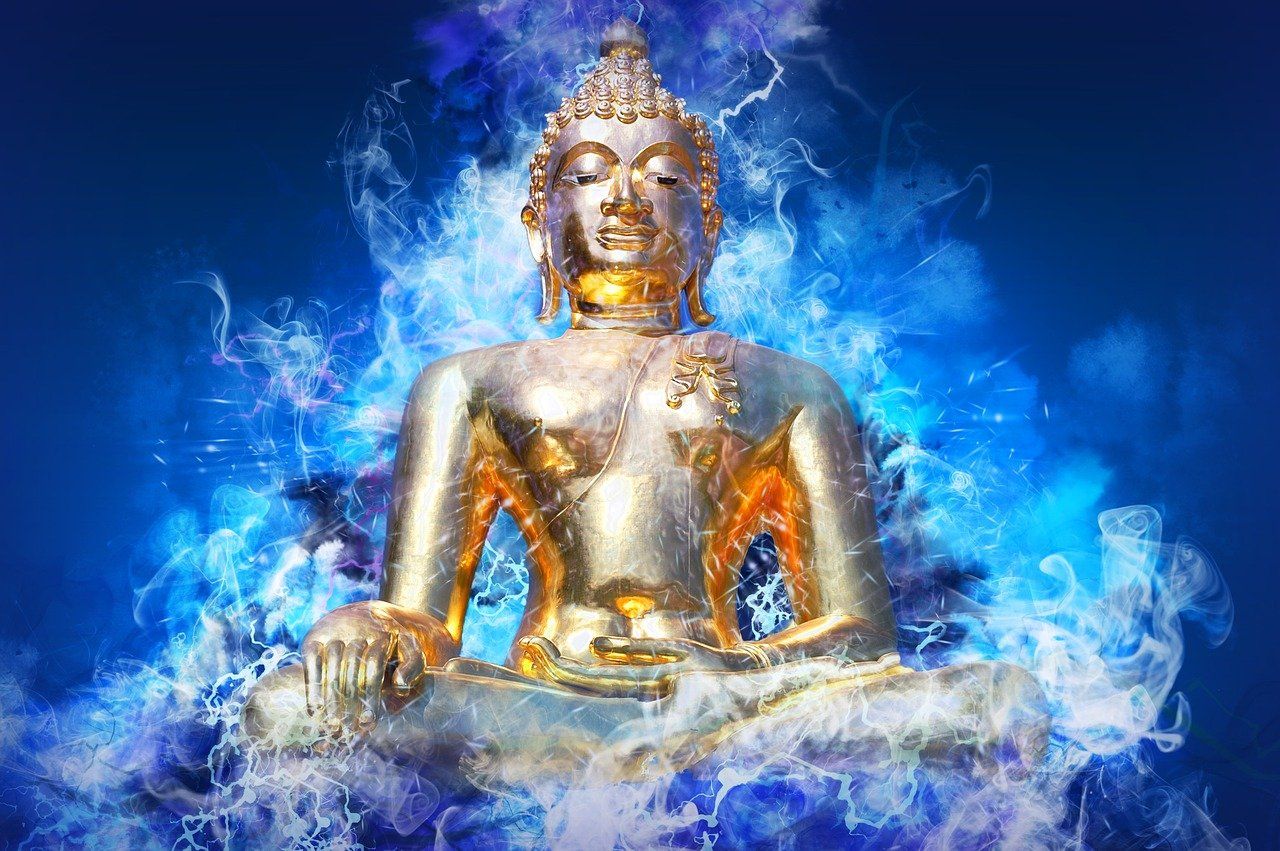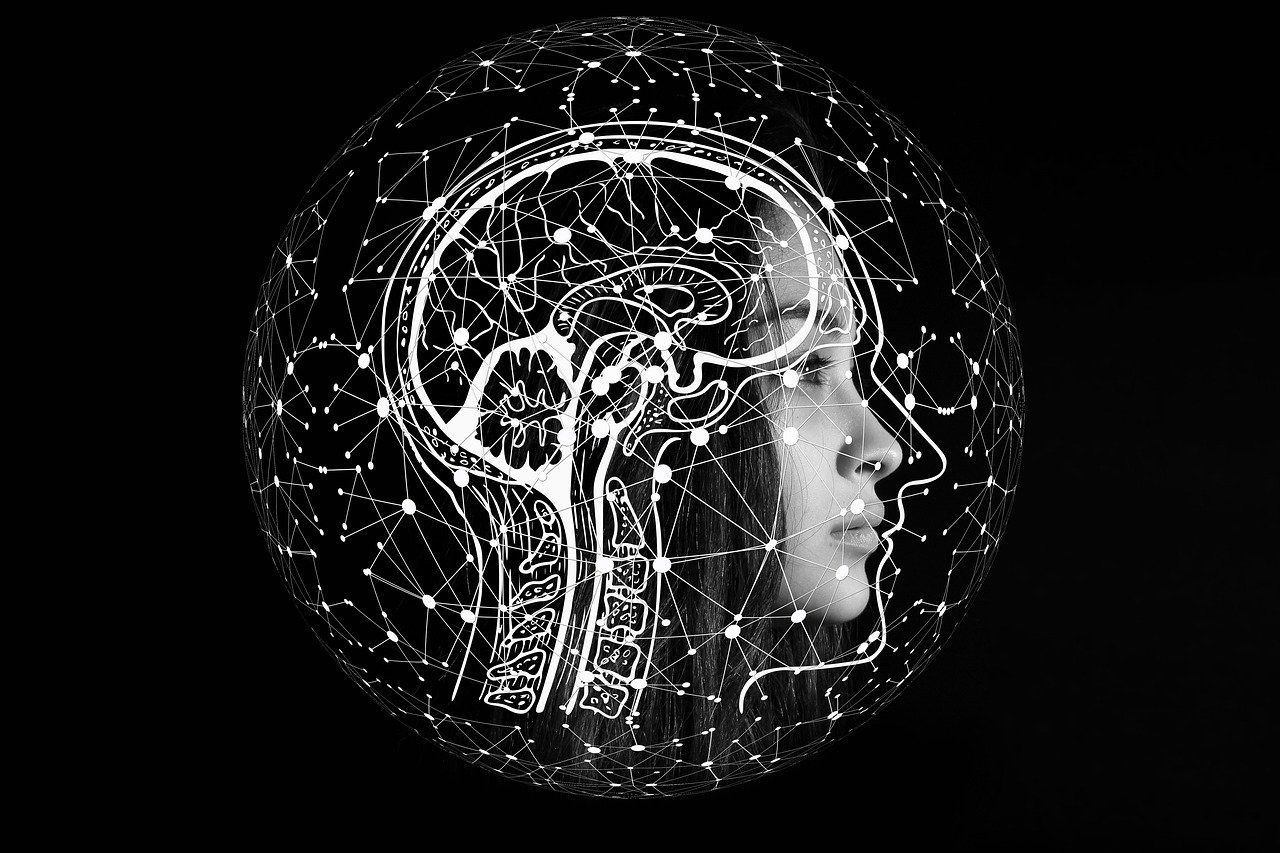Entering A New Era Of Self Empowerment
Friedrich Nietzsche famously said "God is dead' referring to the end of religion and the victory of reason over faith. His declaration first sited in 1882 may have been premature since today religion is still prevalent in western culture and I would like say something similar about the Guru today. I would like to declare the Guru is dead. The Eastern Guru that is, the one that gives you blessings and just by mere association can redeem sins, liberate people from their suffering and take you alongside them to promised lands. The concept has been abused by charlatans for long enough and is unnecessary even in the traditions that advocate the primacy of the Guru. It’s time to evolve.
The fall of prominent Gurus due to sexual and emotional abuse of their students is all too prevalent these days at least in the Tibetan Buddhist scene that I’m connected with. There have been many but recently the two most famous are Sogyal Rinpoche the head of the Rigpa Organisation and Sakyong Mipham Rinpoche the head of the Shambhala Foundation. These two huge Buddhist organisations with hundreds of thousands of members have been rocked by the ‘me too’ movement where brave woman have had the courage to finally stand up and say my Guru is a total creep.
Buddhist Guru
Sogyal Rinpoche
(pictured above) author of the best selling spiritual classic “The Tibetan Book of Living and Dying” was a brilliant teacher of spiritual concepts however it appears he was also a scandalous womaniser and abused his power on countless occasions to
sexually molest woman. There is a huge conflict here of spiritual wisdom and his abusive behaviour. However if we see these people as just great teachers who are also flawed human beings it can start to make sense.
However, this blog is not about the revelations of those abuses, even though it’s an important part of the demise of the power structures of traditional Tibetan Buddhism where the Guru is firmly placed at the pinnacle of the pyramid as supreme leader and spiritual inspiration. Just like the Catholic priests who have been outed for their sexual abuses and rocked the faith of Catholics all around the world the fall of the Tibetan Buddhist Gurus has challenged the faith of many Buddhists around the globe me included. But there is a spiritual path forward without the high priests and Eastern Gurus, one that relies on methods not on association with Gurus.
This blog is not even about the massive power imbalance between Gurus and students that have created cults and the conditions for horrible abuse and misuse of that power, although that power imbalance is a good reason why the Guru should die (metaphorically speaking). This blog is not even about the corruption of funds by the Guru and the luxury they often deem from their role (often inherited). This is all part of it though and others are covering these issues with courage and dignity and books are now being written about these topics.
My point I would like to make is that practising meditation and spiritual methods does not require the worshipping of another human being it requires diligent practice of the methods. Even the Buddha supposedly said, “do not rely on me, rely on the path”. And the traditional eightfold path of Buddhism does not mentioned Gurus anywhere. Instead we find clear instructions on how to live a wise and virtuous life.
My former Guru (yes I was a devotee) has not been outed as an abuser except for an account of a nun friend of mine who told me our Guru had struck her with his heavy wooden mala across the face and had done it often to other women too. That was the final straw for me. I was sick of the Buddhist apologists under the hypnotic delusion that the Guru can do no wrong and accounts like this were often seen as a blessing for the person being beaten instead of the crime which it should have been reported as.
I left that religious institution to teach people the amazing methods I had learned which was the birth of The Way of Meditation. I am very grateful for learning from my teachers and I would like to make a distinction here between teachers and Gurus. Spiritual teachers are invaluable holders of knowledge that impart their wisdom so to empower students with the methods to overcome mental and emotional suffering and to achieve states of health, joy and insightful wisdom. They are invaluable and deserve our utmost respect but not blind faith. Don’t throw away your faculties for being reasonable just to follow someone devotedly.
My teacher (former Guru to me) always emphasised the importance of Buddhist methods to overcome suffering and just knowing about them was never enough you have to actually practice them regularly for them to take effect. Daily meditation and spiritual practice has been the cornerstone of spiritual traditions for thousands of years. My teacher would make the analogy of a doctor prescribing medicine. He said it was no good just getting the medicine from the doctor you must take it as prescribed which is the most important thing. Taking this analogy further you don’t need to worship the doctor as a supreme lord for the medicine to be effective, you should respect their knowledge but it’s the taking of the medicine that is the active ingredient in this equation.
My teacher would also dislike people coming to him with their everyday problems. Just because a person knows about and has actualised a certain method of spiritual training does not mean they know everything about everything or are even good at everything. Just because a person can sit in deep concentrative meditation does not mean they know how to run a company or manage family relationships or even how to cook. They are not the all-seeing wise men people think they are.
I often thought experiencing the petty politics and bickering of the Buddhist centre I lived at for six years that if all these devotees worshipped each other the same way they worshiped the Guru this place would truly be an enlightened community.
I have been a tennis coach in the past and the highest compliment for a teacher is for the student to transcend your own skills and become superior. The passing on of knowledge and seeing it flourish in another is by far the greatest reward as a teacher. But can that ever be said for a Guru? Do Gurus want to be superseded by their students or do they generally maintain their power and authority until they die? I think we all know that a Guru having played the role as the superior person never relinquishes that authority or admits a student has surpassed them and this is also a part of the disempowerment of a student that can never become the master.
The real source of power, love and wisdom is not from the Guru or sitting at their feet praying for redemption, healing or enlightenment. The real source of power is from within the hearts and minds of every person. An untapped reservoir of peace, love and deep insight and the key to unlock that potential is meditation. The mysteries of consciousness are only just starting to be understood and the limitless potential of human beings begun to be realised. To fully empower the individual, we must kill the external Buddha (famous Zen saying) and find the real Buddha within.
Spiritual teachers are people too. They are not avatars or perfect human beings or Buddhas incarnated. They fart, make mistakes and have bad days too just like the rest of us. Seeing human beings as infallible and perfect is a sure-fire way to create unnecessary power imbalances ripe for abuse, disempower the individual from their own truth and the blueprint for a cult.
There is inner technology that comes from the Tantric tradition which utilises the power of the mind to project positive qualities onto another (the Guru). In psychology this is called transference and it’s utilised as a spiritual method within eastern traditions. However, you do not need another person to use this technology. You can use the power of the mind and project onto yourself an image of an enlightened being made of light. This is an extremely useful tool ironically for ego transcendence and transformation of our usual mundane and self-defeating perceptions of our self. You can also unite with higher states of consciousness through visualisation of radiant light and merging with it, you don’t need to project all of that onto another person for this inner technology to work.
The practice of entering into a Guru relationship has been abused by the Guru, taken advantage of by charlatans, disempowered devotees from their own source of wisdom, undermined the confidence of devotees and created numerous cults and fostered cult mentality. Is having a Guru really worth it when there are other far safer and more effective methods for spiritual transformation in line with modern values of individuality and equality?
I realize I will offend many people with this article. Saying the Guru is dead to devotees is like telling Christians Jesus was just an ordinary man. But I write this for my own self- expression, to help others who are confused about the role of the Guru and to offer an alternative.
Since my journey began on the spiritual path I have challenged tradition and authority and forged my own way as I advocate others to do as well. As a meditation coach when people do inevitably ask me for life advice my response is always to try and guide people to trust themselves and their own intuition and not follow the norm or expectations.
There is absolutely no need to put a human being between you in your divinity. If you want to worship something worship your own inherent potential for spiritual enlightenment, worship your own capacity to love others deeply and worship your ability to be your unique self.
Just like the movie Kumare where an average guy pretended to be a Guru by telling people the Guru was within them but people still worshipped him as a cult leader. It seems to be ingrained in humans to idolise and to follow but perhaps we can get past that, evolve and truly empower and support each other as equals. I too have been seen as a Guru no matter how much I emphasise I am just a teacher and a spiritual friend travelling the path alongside anyone I teach. It also seems people just don’t know any other way than to idolise, or they project qualities that simply are not there, or it’s been conditioned into them through the spiritual tradition they follow.
In conclusion the Guru is dead because we all need him to die. We need to move past antiquated power systems that maintain imbalanced hierarchies. To fully be empowered to find the abundant inner resources we all have and not be distracted by the personality cults of the Guru. Kill the Guru and find out that the Guru will always live on inside us all, not one person or one group but in all people.
If the Zen saying goes “if you see the Buddha in the street, kill him!” I would like to say, if you see a Guru in the street don’t bow, shake their hand as an equal. You can learn from them but also teach them. Everyone can be a teacher, and everyone has something to offer.
The real power is spiritual knowledge together with the methods that work to overcome suffering and find the balance, peace and wisdom latent within everyone. Don’t rely on others to transform your mind and heart. Rely on your own diligent effort to make it happen. Learn from teachers and remember the highest respect you can give your spiritual teacher is not to worship them as Gods or perfect human beings but to put into practice what they have taught and fully embody the wisdom you have learned.
Written By Chad Foreman
Chad Foreman is the founder of The Way of Meditation, has been teaching meditation since 2003, determined to bring authentic meditation practices into the lives of millions of people in the modern world. Chad is a former Buddhist monk who spent 6 years living in a retreat hut studying and practicing meditation full time and has now has over twenty years’ experience teaching meditation. Chad holds regular
Meditation Retreats on the Sunshine Coast Australia, has
Online Meditation Coaching, delivers three online programs - The 21 Day Meditation Challenge to help guide people gradually from the basics of mindfulness and relaxation to profound states of awareness.
Breath-work to help manage stress and go deeper into meditation and
The Bliss of Inner Fire which is a Buddhist tantric method for purifying energy blocks and contacting the clear light of bliss. You can also now get Chad's free e-book Insights Along the Way.
